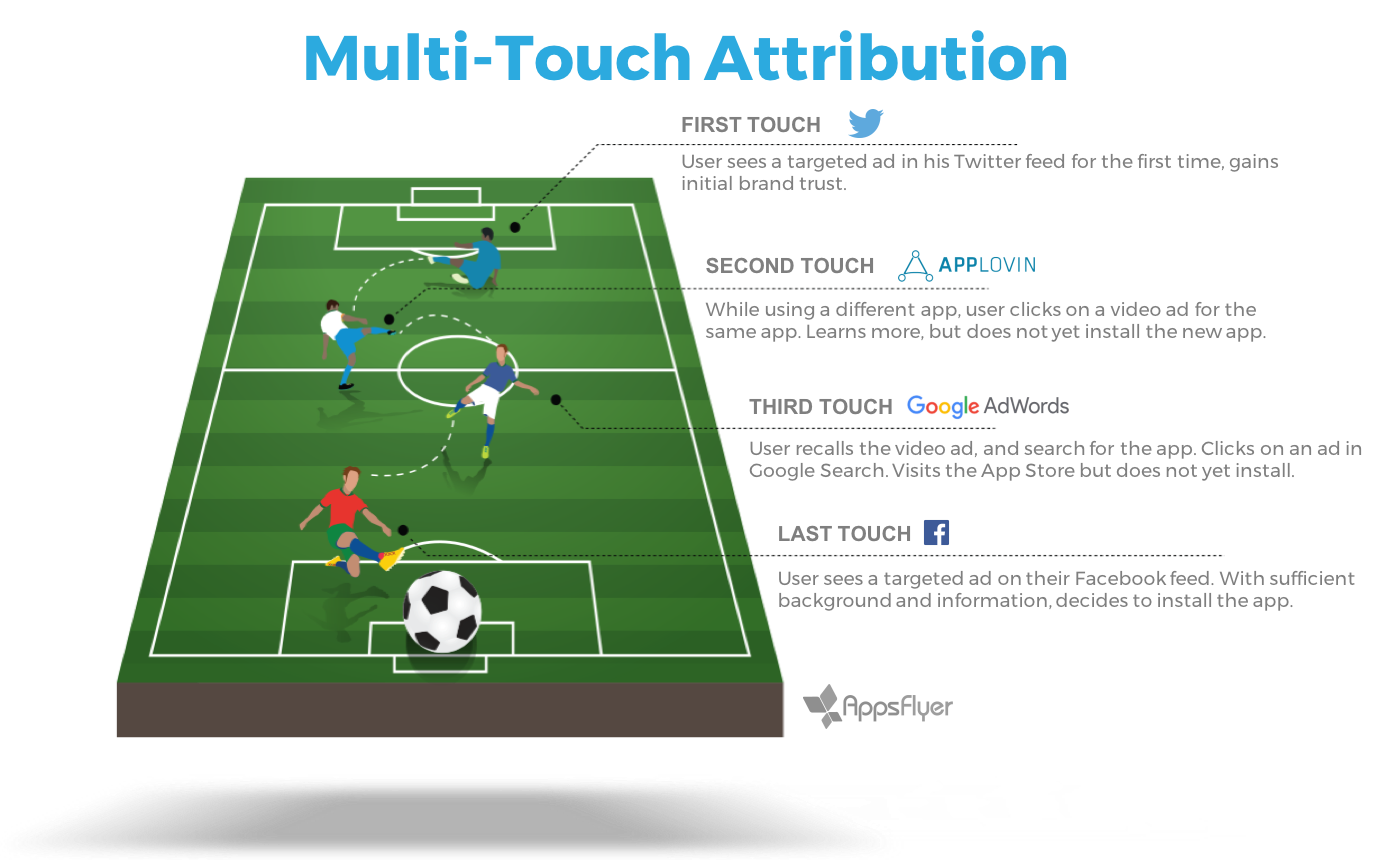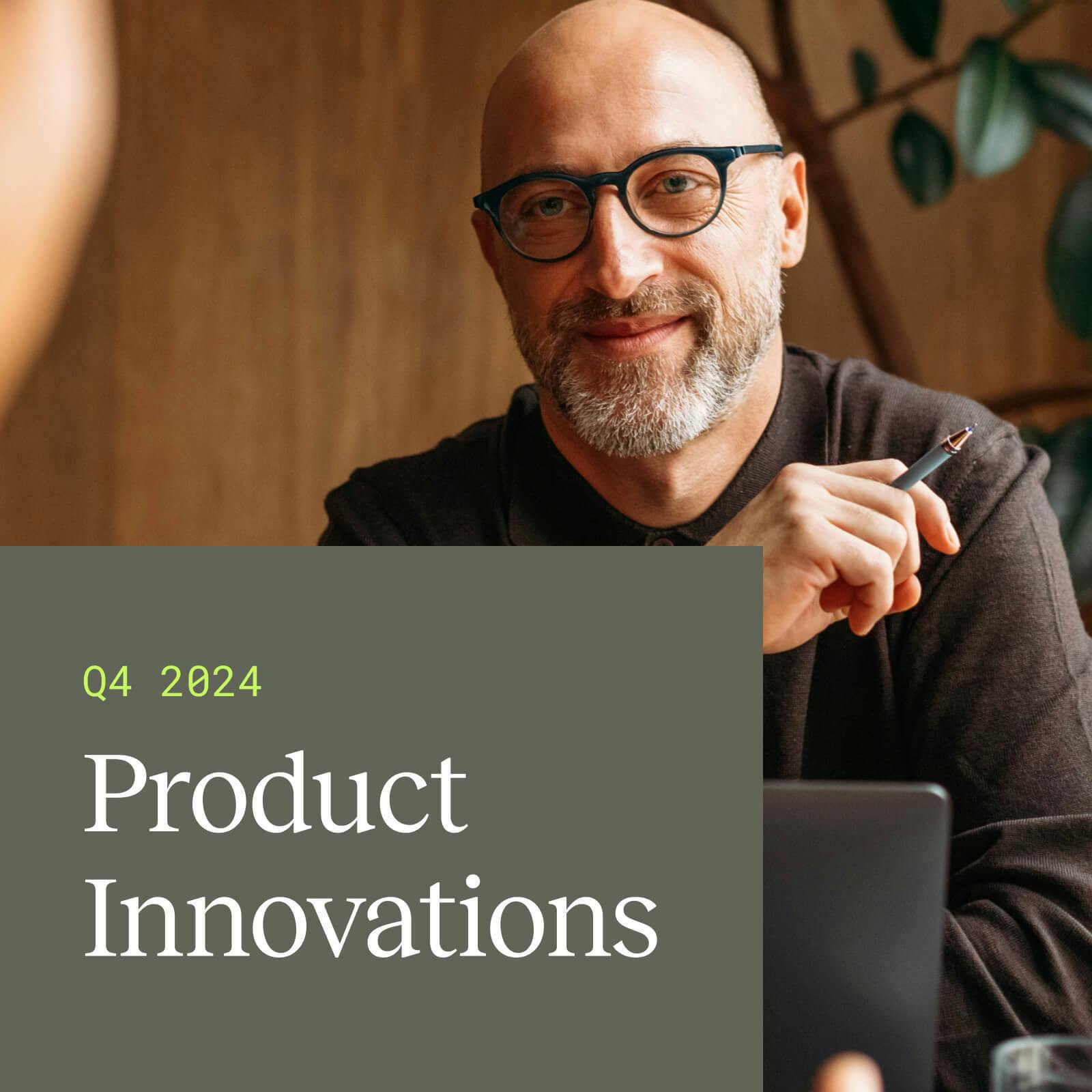5 marketing attribution tips for eCommerce
Marketing attribution is one of the trickiest challenges online retailers face. Use these 5 tips to learn how your marketing affects your bottom line.

Connecting marketing to outcomes has been a key initiative for retail companies of all sizes for the past few years. Meanwhile, the number of devices per user has expanded and consumers have more touch points than ever on their path to purchase, complicating marketing attribution. M-commerce is projected to reach $284 billion, or 45% of the total U.S. e-commerce market, by 2020. It’s time for online retailers to gain transparency into how cross-platform marketing impacts the bottom line. Whether your omnichannel marketing plan is focused on acquisition or re-engagement, here are some marketing attribution tips to better link conversions to their rightful source and take the guesswork out of reporting.
Don’t rely on cookie-based data infrastructure alone
For reliable cross-device marketing attribution, start with a single view of the customer across any device. Validated reporting comes from a single source of truth matching conversions to a user ID. In contrast, cookie-based reporting is based on an infrastructure that expires, can be spoofed, only tracks devices instead of users and are easily erased.
Design a bespoke measurement model that works for your business
LTV of cohorts can fluctuate dramatically in retail with seasonality, among other market factors, so you need to align your measurement strategy to custom cohorts that don’t necessarily have to follow the 12-month calendar. Consider tracking LTV for retail-specific cohorts like Cyber Monday, big promo code campaigns, affiliate sprints, mobile app downloads, and other key sources in your marketing plan.
Vet different marketing attribution methodologies, models, and partners to determine which fit your business needs
Every business and customer has their own unique paths to purchase. Not all consumer behavior paths are created equal. Priority events and recency windows are not a one-size-fits-all. Although last click is the default, consider time decay, fractional, and last/first models to distribute credit. Also, make sure to try mobile partners with integrations that line up exactly with your marketing plan… and if Facebook is in the mix, ensure the partner is a part of their Mobile Measurement Partner (MMP) program.

Remember that mobile data collection operates differently than web
Web relies on pixel-based data collection while mobile app data comes from formatted postbacks data syncs. Unlike a pixel fire, postbacks are configured between attribution partners to each marketing partner directly and must be properly deployed in order to report accurately. This sounds complicated, however, mParticle will do this for you, and in real time.
Use attributed reporting to better optimize marketing mix
Give yourself some time to study trends over a significant duration of time to normalize the data set. Once the data set is considered valid, use it to determine which campaigns, partners and channels are priorities. And don’t forget about organic and view-based sources! Gartner suggests most multichannel marketers move greater share of wallet toward mobile once marketing attribution is adopted, due to its ability to close the deal. Reallocate resources accordingly and enjoy looking like a hero as KPIs improve.
Try managing data flows, building audiences, and connecting outputs in mParticle for yourself in the platform demo.



